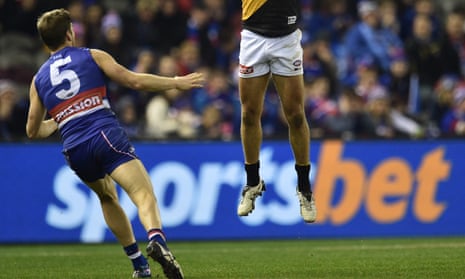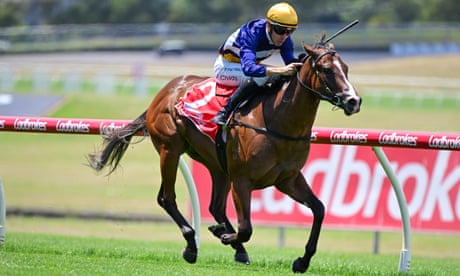Extract from The Guardian

Australian parliamentary inquiry recommends levy but some public health experts warn it could be ineffective unless carefully designed.
Mon 3 Jul 2023 01.00 AEST
Last modified on Mon 3 Jul 2023 08.29 AESTA federal parliamentary inquiry has recommended the government introduce the levy, without specifying what the rate should be. But some public health experts believe the levy may be ineffective unless carefully designed.
According to the inquiry’s report, the levy should fund the creation of a national regulator to provide uniform oversight of the industry, which is currently governed by state and territory regulators. The levy would also reduce the role gambling companies play in the development of regulation.
“Australia’s licensed [wagering companies] have been successful in framing the issue of gambling harm around personal responsibility while diminishing industry and government responsibility,” the report said. “This has been to the detriment of Australians experiencing gambling harm.”
Lauren Levin, a longtime harm reduction campaigner with Financial Counselling Australia, said the proposal was “a great starting point” and the federal government had “a unique chance to get this right”.
“At the moment, the gambling industry and its bedfellows lobby government pointing to the jobs they create, their contributions to tax revenue, and the crumbs flung to some junior sports programs,” Levin said.
“But they don’t talk about the costs to society of picking up the pieces and trying to put together broken lives – an impossible task.
“This burden is stretching community services and people are falling through the cracks in a big way. The gambling companies take their massive profits and [have] socialised the losses.”
Gambling companies have criticised the inquiry’s recommendation for a blanket ban on advertising after a three-year transition period, but are waiting for more information on how the levy would work if adopted.
“It is important that any changes in regulation recognise that gambling is a lawful form of entertainment enjoyed responsibly by millions of Australians,” said the Sportsbet chief executive, Barni Evans.
“We will continue to work constructively with the government and all parties to encourage evidence-based solutions that are effective.”
The industry’s peak body, Responsible Wagering Australia, said gambling companies already paid about $1.9bn in taxes that “directly fund healthcare, education and other vital services – unlike illegal offshore operators”.
“As an industry body we will always consider sensible and measured reform,” CEO Kai Cantwell said.
It is not clear how much much any levy would raise from an industry worth an estimated $50bn a year in turnover, or whether the federal government will accept the recommendation.
Levin said any levy should also fund a specialist diversionary court that could reduce the number of people imprisoned for gambling-related crimes.
Samantha Thomas, a gambling researcher and public health expert at Deakin University, said there was “little evidence the proposed levy, as recommended in the report, would change industry practices”.
“Ultimately the industry may see a levy as a cost that is worth absorbing because it allows them to present themselves as a good corporate citizen contributing to treatment services,” Thomas said.
“This can also deflect responsibility from doing things that would actually prevent harms occurring in the first place.”
Thomas said the levy could be impactful if money was directed towards preventive measures, such as marketing campaigns that exposed the gambling industry’s tactics or provided clear information on the risks of addiction.
“Treatment is important, but we need to remember that at best treatment can only mitigate the damage that has already been caused,” Thomas said.
Earlier this year, the UK government announced a voluntary levy on the gambling industry would be made mandatory, with the money to fund gambling addiction research, education and treatment.

No comments:
Post a Comment